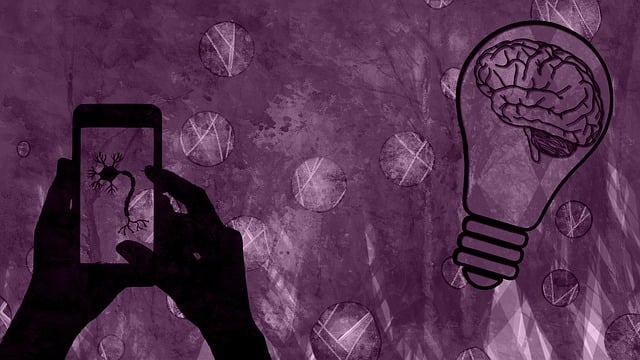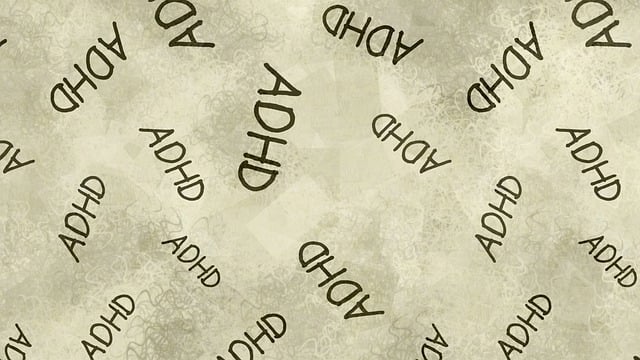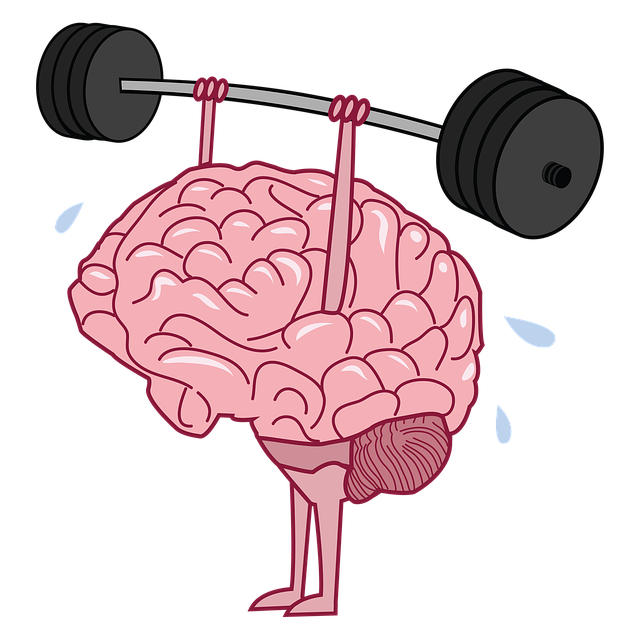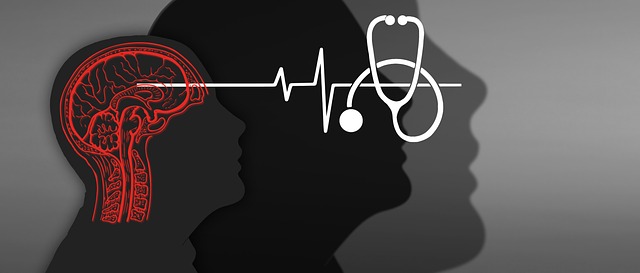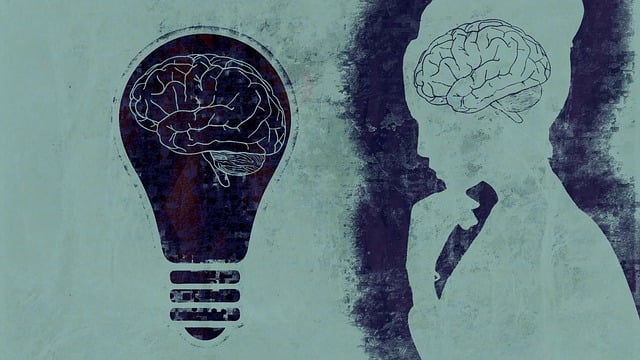In Louisville, Kentucky, cultural factors, socioeconomic issues, and stigma pose challenges to accurate mental illness diagnosis. Louisville Relationship Issues Therapy (LRIT) offers a holistic approach using mindfulness, self-awareness, and compassion cultivation techniques alongside evidence-based practices like CBT to improve diagnostic accuracy. LRIT focuses on emotional intelligence and interpersonal dynamics, empowering healthcare professionals to recognize relationship conflicts as potential causes of mental health issues. Through continuous training and support initiatives, Louisville healthcare providers enhance their skills in diagnosing mental illness with a nuanced, patient-centered approach.
In Louisville, improving mental illness diagnosis accuracy is a pressing need. This article explores key strategies to enhance identification of mental health conditions, focusing on challenges specific to the city. We delve into enhanced diagnostic tools and techniques, the integral role of Louisville Relationship Issues Therapy in assessment practices, and continuous training programs for healthcare professionals. By implementing these efforts, Louisville can strive for more accurate and compassionate mental health care.
- Understanding the Challenges of Mental Illness Diagnosis in Louisville
- Enhancing Diagnostic Tools and Techniques for Accurate Assessment
- Integrating Relationship Issues Therapy into Diagnostic Practices
- Continuous Training and Support for Louisville Healthcare Professionals
Understanding the Challenges of Mental Illness Diagnosis in Louisville

Diagnosing mental illness accurately can be a complex task, especially in diverse urban centers like Louisville, Kentucky. The city’s unique cultural fabric and socioeconomic dynamics contribute to an intricate web of challenges when it comes to mental health assessment. Many residents face barriers to accessing quality care, often due to a lack of awareness, limited resources, and the stigmatization that still surrounds mental illness. This is particularly evident in communities where relationship issues therapy might be underutilized or misunderstood.
Louisville’s diverse population brings both cultural strengths and complexities. While this diversity can enrich therapeutic practices, it also requires culturally sensitive approaches to ensure accurate diagnoses. Mental health professionals must navigate these nuances, considering the impact of socioeconomic factors, racial disparities in care, and unique community beliefs on an individual’s experience of mental illness. Incorporating practices like mindfulness meditation, self-awareness exercises, and compassion cultivation can enhance therapeutic relationships and improve diagnostic accuracy by fostering a deeper understanding of clients’ inner lives and external circumstances.
Enhancing Diagnostic Tools and Techniques for Accurate Assessment

In recent years, significant efforts have been made to enhance diagnostic tools and techniques for accurate mental illness assessment. Louisville Relationship Issues Therapy has played a pivotal role in this regard by integrating advanced therapeutic methods that not only improve diagnosis but also focus on comprehensive patient care. Professionals are increasingly utilizing evidence-based practices such as cognitive behavioral therapy (CBT) and mindfulness techniques to gain deeper insights into patients’ psychological states, thereby increasing diagnostic accuracy. These approaches help identify underlying causes of mental health issues more effectively, enabling tailored treatment plans that address specific needs.
Moreover, the incorporation of Stress Reduction Methods and Resilience Building in therapeutic practices has been instrumental in improving diagnostic outcomes. By fostering Mental Health Awareness among both therapists and patients, Louisville Relationship Issues Therapy is ensuring that symptoms are recognized early and appropriately managed. This holistic approach not only enhances diagnosis but also promotes better mental well-being by teaching individuals effective coping strategies for dealing with stress and adversity, ultimately leading to more positive treatment outcomes.
Integrating Relationship Issues Therapy into Diagnostic Practices

Integrating Louisville Relationship Issues Therapy into diagnostic practices offers a promising avenue for enhancing mental illness diagnosis accuracy. Beyond traditional assessment methods, this approach recognizes that emotional intelligence and understanding interpersonal dynamics play significant roles in an individual’s mental health. By incorporating techniques from Relationship Issues Therapy, healthcare professionals can gain deeper insights into patients’ lives, relationships, and emotional healing processes. This holistic perspective allows for more nuanced diagnoses, particularly in cases where symptoms may be attributed to underlying relationship conflicts or social factors.
The integration effort involves training mental health practitioners in the application of Louisville Relationship Issues Therapy models and techniques. This training equips them with skills to facilitate open dialogue about personal relationships, identify potential sources of emotional distress stemming from interpersonal interactions, and tailor interventions accordingly. With enhanced emotional intelligence, practitioners can more effectively navigate complex patient narratives, differentiate between various mental health conditions, and offer targeted support for depression prevention and management.
Continuous Training and Support for Louisville Healthcare Professionals

Louisville healthcare professionals are benefiting from continuous training and support initiatives aimed at enhancing mental illness diagnosis accuracy. These programs prioritize ongoing education to keep up with the latest research, treatment methods, and best practices in addressing various mental health conditions, including Louisville relationship issues therapy. By fostering a culture of learning, these efforts enable practitioners to improve their diagnostic skills and better assist patients.
Empathy building strategies and self-care practices are integral components of this training. They promote a supportive work environment that encourages professionals to manage their own mental well-being while caring for others. Incorporating risk management planning for mental health professionals is also vital, ensuring practitioners can navigate challenges effectively while maintaining the highest standards of care.
In Louisville, efforts to enhance mental illness diagnosis accuracy have focused on several key areas. By understanding the unique challenges faced by the community, improving diagnostic tools and techniques, integrating relationship issues therapy into practices, and providing continuous training for healthcare professionals, Louisville is taking significant steps toward more precise and compassionate mental health care. These initiatives, including the application of Louisville Relationship Issues Therapy, hold promise for better patient outcomes and improved quality of life for those in need.


